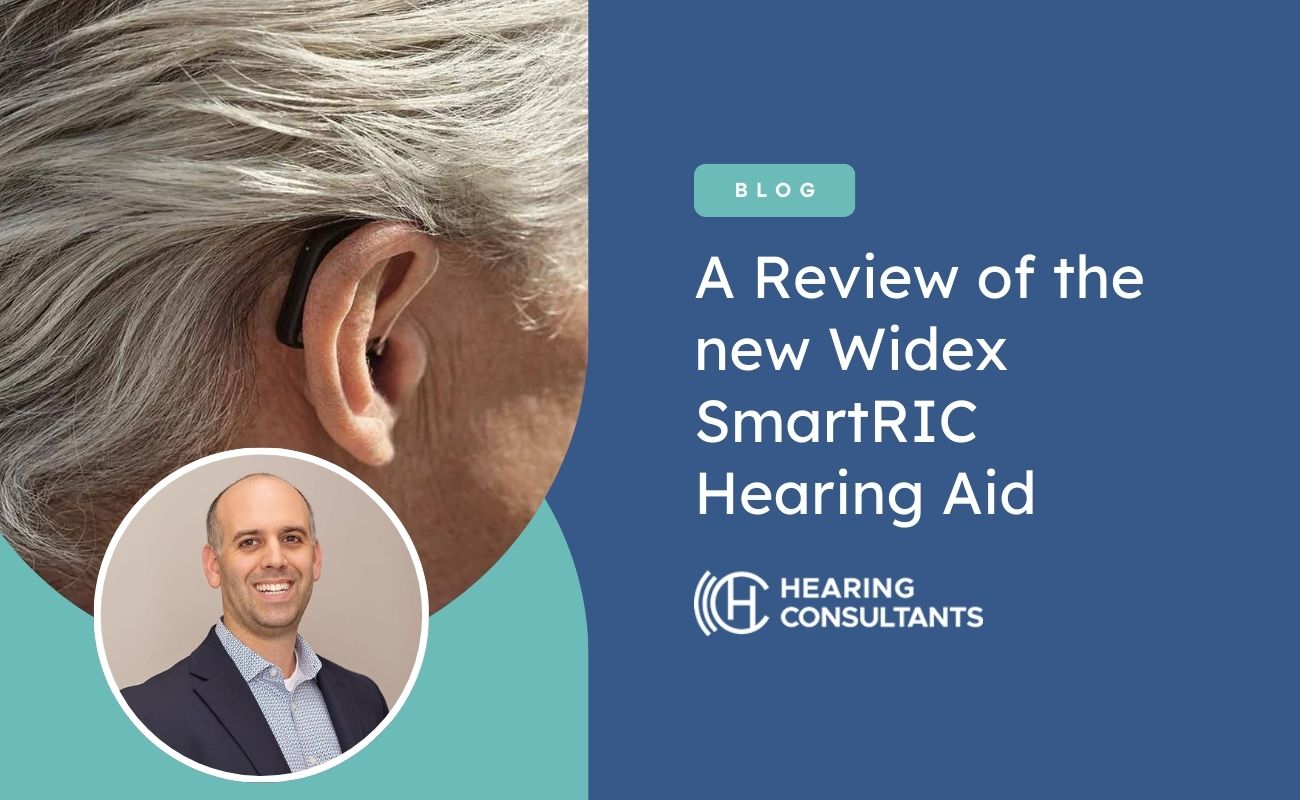Why Pretending to Hear Doesn't Help
Like most hidden disabilities, hearing loss comes with a lot of stigmas that contribute to people’s reluctance to be open about their condition. Hearing loss is often conflated as a sign of old age, impairment, and declining mental capacities though this is not always the case. Because hearing loss is an unseen disability, people who suffer can often live in denial rather than dealing with it. This secrecy can have a deleterious effect on professional and personal relationships, affecting job performance and mental and physical health. Hearing loss is ultimately not as easy to hide as one might believe and manifests itself in many ways. Pretending to hear is one of the worst things you can do for your hearing health and your relationships.
Why Pretend to Hear?
Some of us don’t want to interrupt the flow of the conversation or don’t want to do anything that calls attention to our hearing disability. Often people just don’t have the right tools to know how to deal with developing hearing loss. In group situations, pretending can be especially tempting. In our culture, it is often considered rude to stop a group conversation and ask everyone to repeat everything just so that we can be filled in over and over again. The important thing to remember is, everyone pretends – not just those with hearing loss. Not interrupting is a cultural habit. Pretending occasionally is probably harmless, but when you have hearing loss and you pretend, you give the false impression to others that you can hear better than you do.
The Danger of Pretending
Pretending to hear might seem like a good idea in the moment but the reality is that it has a negative impact on your hearing and your overall health. It won’t be long before you don’t go out with your friends, and start to isolate yourself. With social isolation comes cognitive decline, and further hearing loss. This is a vicious cycle that will get you into a lot of trouble. Pretending to hear can have some serious repercussions at work. Say you’re in a meeting at work and you only hear half of what’s been said. No one at work knows you have hearing loss, and you’re too embarrassed to ask for clarification. You leave the meeting confused about your assignment, and risk making some major mistakes that will hurt your career. When it comes to communicating with your family, pretending to hear will put you in some awkward situations. If your loved one shares something important with you, and you’ve “forgotten” it a few hours later, they’ll think you weren’t paying attention when the truth is you never heard the information in the first place. More than anything not hearing and bluffing your way through conversation creates a lack of intimacy and reliability in many of your most important relationships.
Admitting You Have Hearing Loss
If you’ve been struggling through conversations, and you feel like you’re missing a lot, it’s time to honor your relationships and admit that you have hearing loss. Family, friends, and colleagues all want to include you, and will be happy to help you hear if they know you’ve been struggling to hear. Pretending to hear is a temporary fix that will always get you into trouble later, so break the habit of pretending, and start practicing habits that help you hear. The key to breaking a bad habit is to identify when it’s triggered. Rather than breaking a bad habit, we can simply convert it into a good one. We can change the pretending routine into something constructive. Every time you miss something because of your hearing loss, think of it as an opportunity to improve your current situation and to educate others about your hearing loss for future occasions.
Hearing Consultants
Once you realize you don’t have to keep your hearing loss secret, you can stop pretending to hear and put your energy into the activity and relationships that make you feel happy and fulfilled in life. Contact us at Hearing Consultants to set up a hearing test. We can diagnose exactly what kind of hearing loss you have and help you find the best treatment to help you hear to your fullest potential and stop pretending to hear once and for all.
Get in touch with
Hearing Consultants
Contact our clinic to schedule an appointment today!







